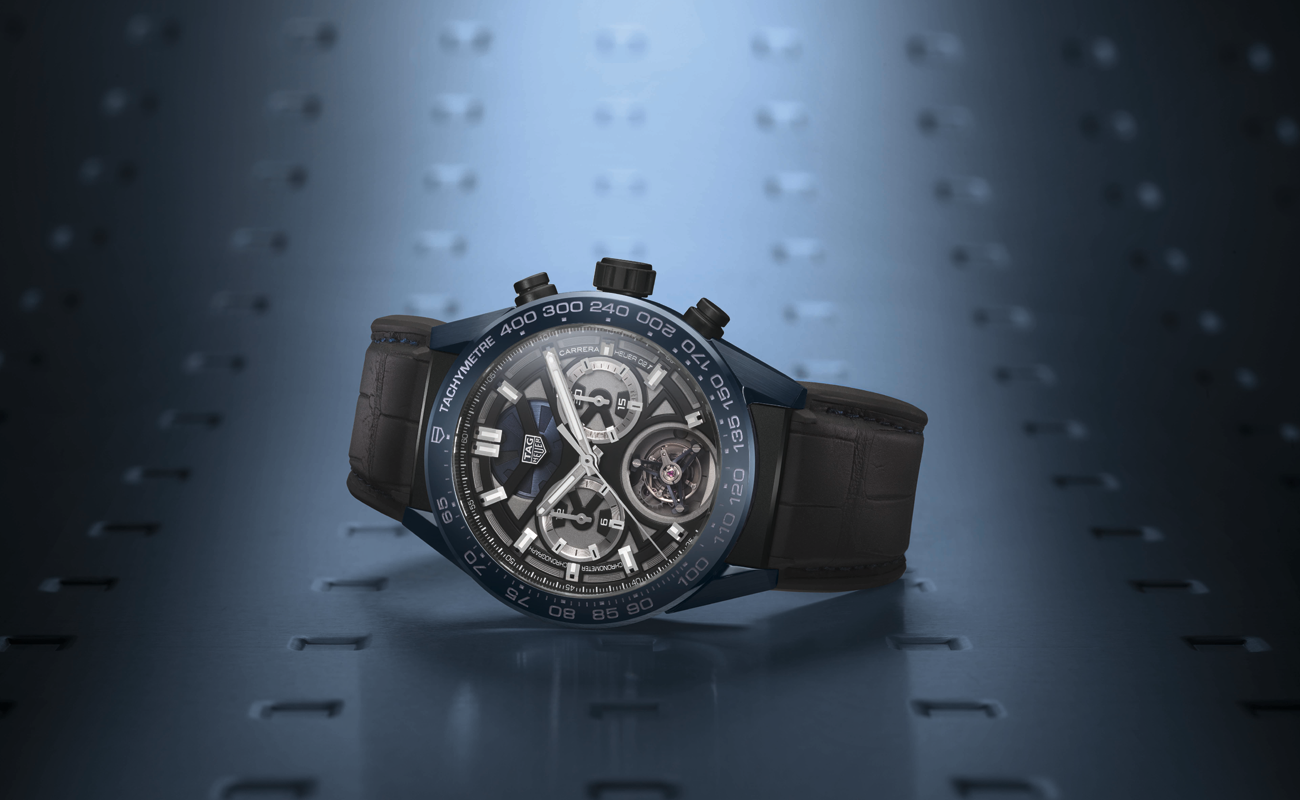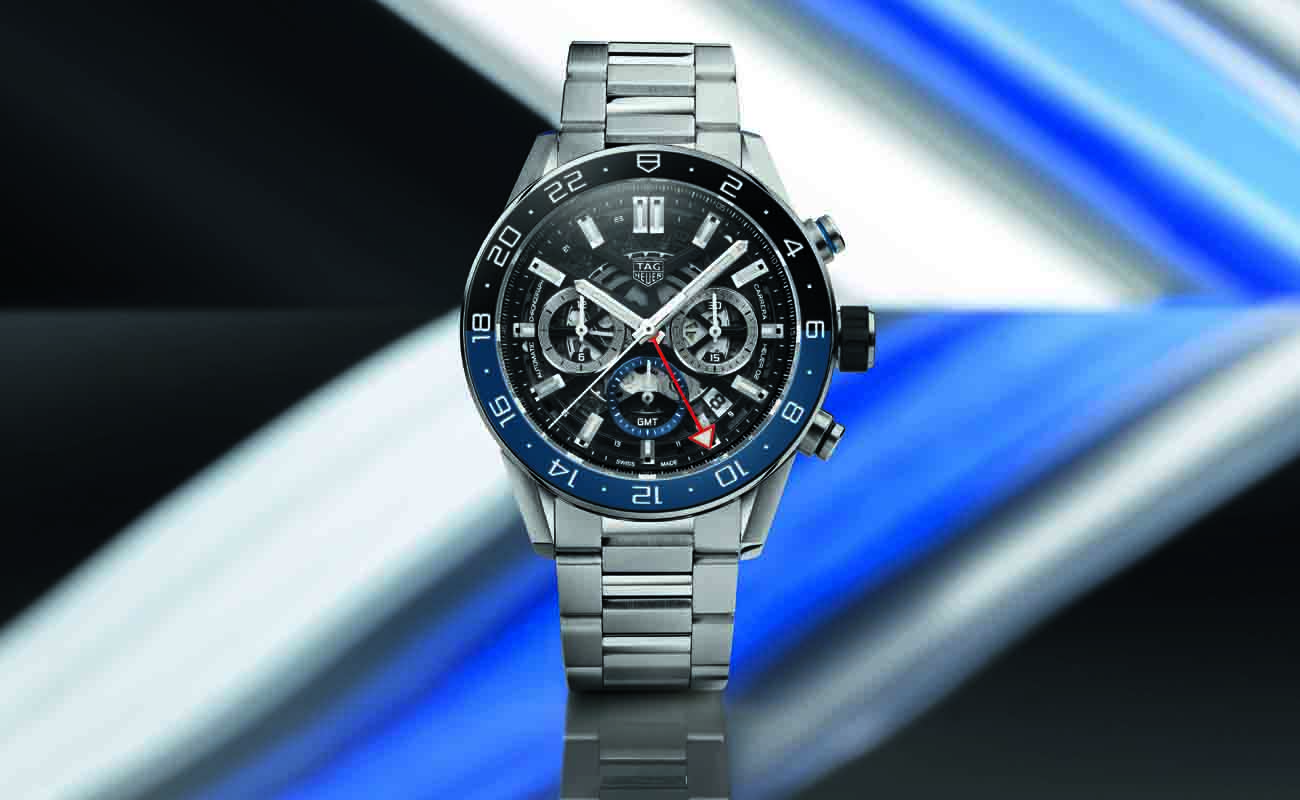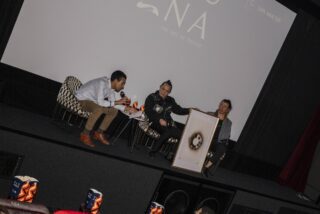This website uses cookies so that we can provide you with the best user experience possible. Cookie information is stored in your browser and performs functions such as recognising you when you return to our website and helping our team to understand which sections of the website you find most interesting and useful.
TAG Heuer’s Jean-Claude Biver on why digitalisation is the future of luxury
By Rachel Ingram | 22 March 2018 | Style
On the ground at Baselworld, our editor caught up with the TAG Heuer CEO about how the youth are the key to brand survival

While the key theme of Baselworld 2018 is sustainability, among the finest watchmakers exhibiting at the annual watch fair there's an undeniable underlying hum of modernisation. As luxury brands debate the question of how they can adapt to draw in a new audience of technologically-savvy buyers, digitalisation is the buzzword that people keep coming back to.
One businessman who knows the importance of evolution all too well is Jean-Claude Biver, CEO of TAG Heuer – a brand very much on the ball with innovation. It's credited, for example, for creating the world of sponsorships when it partnered with Formula 1 in the 1970s, among a number of other world-first achievements.
Speaking at the TAG Heuer press conference this morning Biver said: "Digitalisation is the future. Whoever talks to millennials who are between 10 and 20 years old will notice that online digitalisation is the future, and you cannot go against it. We all have to adapt our communication, we have to adapt our distribution, we have to adapt to digitalisation. It will be part of the future, so you cannot resist it."
He references the example of luxury e-commerce platform Alibaba's return to China, which launched the sale of 1,200 special Lamborghinis on Guanggun Jie (Singles' Day in China). "In 18 seconds they were sold out," he revealed. "When I buy a car, I first open the door, I sit inside and take a look around, I look to see if I can see the mirror, then I look if my wife likes it, like an old man. Young people, they buy the car online, they don't need to go and look at it. There is another attitude, it's another mentality, it's another culture, we just have to adapt."

Biver does this by consulting with young people. "I have an advisory board of young people – the average age is seventeen," he says. "If you want to, you can come and attend this advisory board and you will be afraid for what you hear and what you see because [this generation] is not like me and they are not like their fathers, nor their grandfathers."
The CEO asks the board's opinion on advertising campaigns, he consults them on the selection of brand ambassadors and he listens to their feedback on new products. Rather than seeing young people as inexperienced and unknowledgeable, as can be the case among the most traditionalist in the industry, Biver views them as vital to the future of his business – and all businesses.
He adds: "How can old people, like most of us are here, how can they adapt? They can only adapt by learning. And how can you learn? By listening. And who can you listen to? To the professor who is my age? No – you listen to the young people who are 15 years old, they're going to tell you the future. That's the only way to come into tomorrow, you listen to tomorrow, and tomorrow tells you what will happen, but tomorrow is somebody that is fifteen years old, it's not an old man that is 70 years old like me."
At Baselworld, TAG Heuer unveiled several new launches including the TAG Heuer Carrera Chronograph GMT, a new Carrera with a Heuer 02 manufacture movement and a GMT function. The timepiece, described by the brand as 'an essential tool for today's younger generations, hungry for travel and adventure', was created to celebrate the 55th anniversary of the Heuer Carrera, but even with this iconic model, it's clear that the young are very much at the forefront of the brand's mind.







